Description
Research on Indigenous issues rarely focuses on life in major
metropolitan centres.
Instead, there is a tendency to frame rural and
remote locations as emblematic of authentic or “real”
Indigeneity and, as such, central to the survival of Indigenous
cultures and societies.
While such a perspective may support Indigenous
struggles for territory and recognition as distinct peoples, it fails
to account for large swaths of contemporary Indigenous realities, not
the least of which is the increased presence of Indigenous people and
communities in cities.
The chapters in this volume explore the implications of urbanization
on the production of distinctive Indigenous identities in Canada, the
United States, New Zealand, and Australia.The volume editors,
both lead researchers in their fields, have called upon key figures to
explore the experiences of urban Indigenous modernity, utilizing an
interdisciplinary mix of methods, including ethnography, statistical
analysis, archival research, and discourse analysis.
Throughout the twentieth century, urban locales have been too often
regarded as places were Indigenous culture goes to die.
This book
argues otherwise in its demonstration of the resilience, creativity,
and complexity of the urban Indigenous presence, both in Canada and
internationally.
Evelyn Peters is a professor and Canada Research
Chair in Urban and Inner City Studies at the University of
Winnipeg.
Chris Andersen is an associate professor and director
of the Rupertsland Centre for Metis Research in the Faculty of Native
Studies at the University of Alberta.”

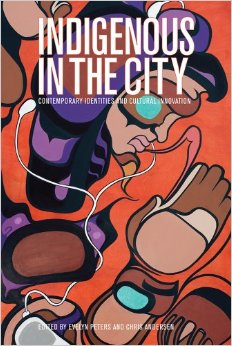
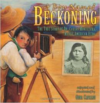
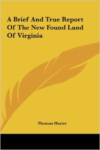
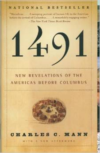
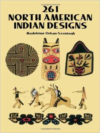
Reviews
There are no reviews yet.